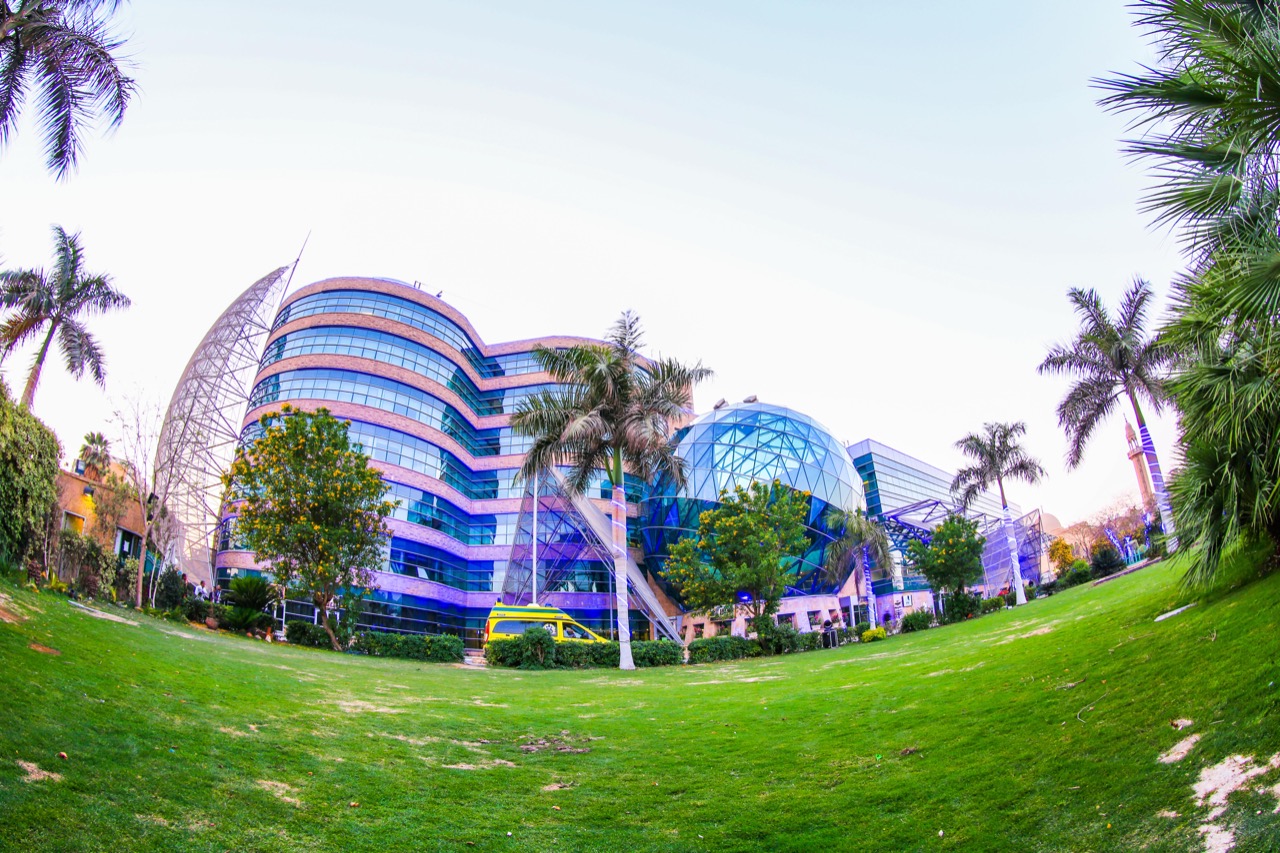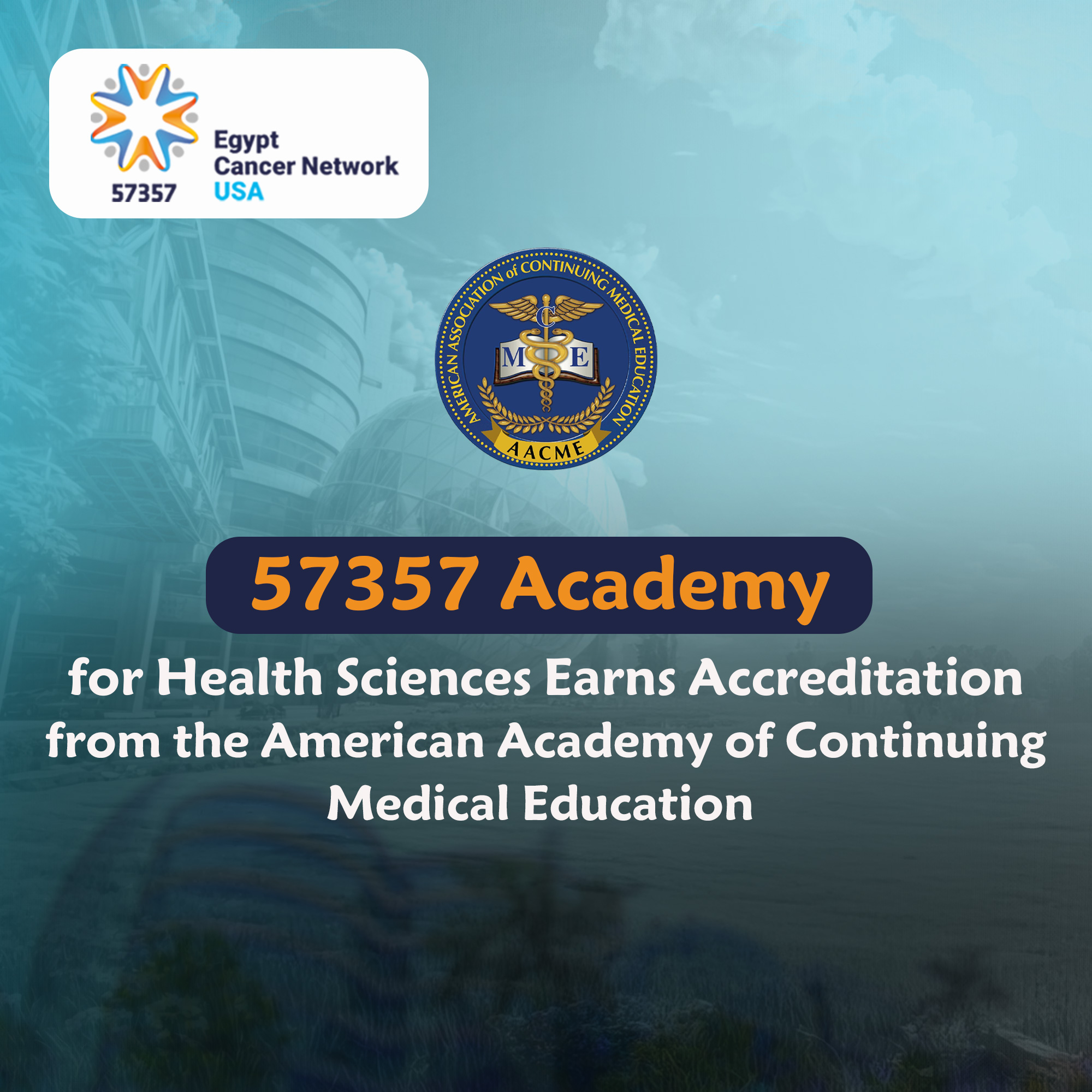A new research paper suggests the pretreatment screening for MECOM gene overexpression in newly diagnosed AML patients for better risk stratification and thus treatment adjustment which will improve the survival rates.
“Despite advances in the treatment of AML, relapse remains a major problem. While some children can be risk-stratified based on cytogenetic or molecular findings, a percentage of children for whom these markers are not detected are thus categorized into the intermediate risk (IR) group. One of the main goals of this study was to identify a subgroup of patients within the IR group with an increased risk of relapse and poor outcomes, thus setting the stage for different approaches to upfront therapy for this group ” shares, Dr. Mariam El-Sherif, the main author of the paper and pediatric oncology consultant at CCHE57357.
The study aimed to estimate the prevalence of MECOM gene overexpression in pediatric patients with AML at a single large pediatric oncology center and to assess the prognostic impact of MECOM gene overexpression on survival and disease outcome.
The results of the research project showed that out of 243 AML patients treated at CCHE57357, 57(23.5%) had MECOM overexpression and were significantly associated with lower overall survival (OS) (38.7 vs. 78.9%),event-free survival (EFS) (37.3% vs. 68.4%) and higher incidence of relapse (49.5% vs. 23.5%) at 36 months when compared with patients without MECOM overexpression
The paper suggests that MECOM overexpression is an adverse prognostic marker in pediatric patients with AML and can identify patients in the IR group that need a major treatment including allogeneic transplant in the first complete remission regardless of their response to chemotherapy and thus improve the survival rates up to 70%..
It’s worthy to mention that the paper was published in January 2022 in Acta Oncologica under the supervision of an eminent group of pediatric oncology experts at the hospital including: Dr. Alaa El Hadad (head of the pediatric oncology department at CCHE57357 and head of BMT unit)
Dr. Hanfay Hafez (Professor of Pediatric Hem/Oncology & Stem cell transplantation, CCHE57357 and National Cancer Institute)
Dr. Mahmoud Hammad (Assistant Professor of Pediatric Hem/Oncology & Stem cell transplantation, CCHE57357 and National Cancer Institute)
Dr.Dina Yassin (Professor of Clinical pathology, CCHE57357 and National Cancer Institute)
.
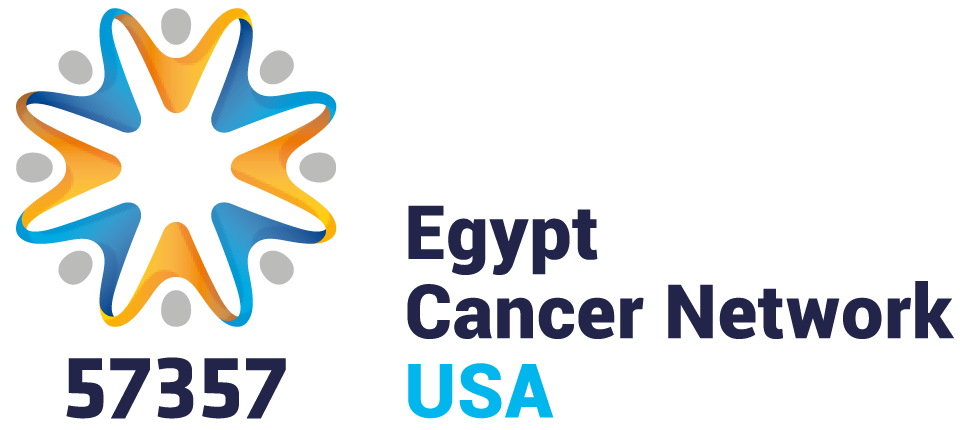
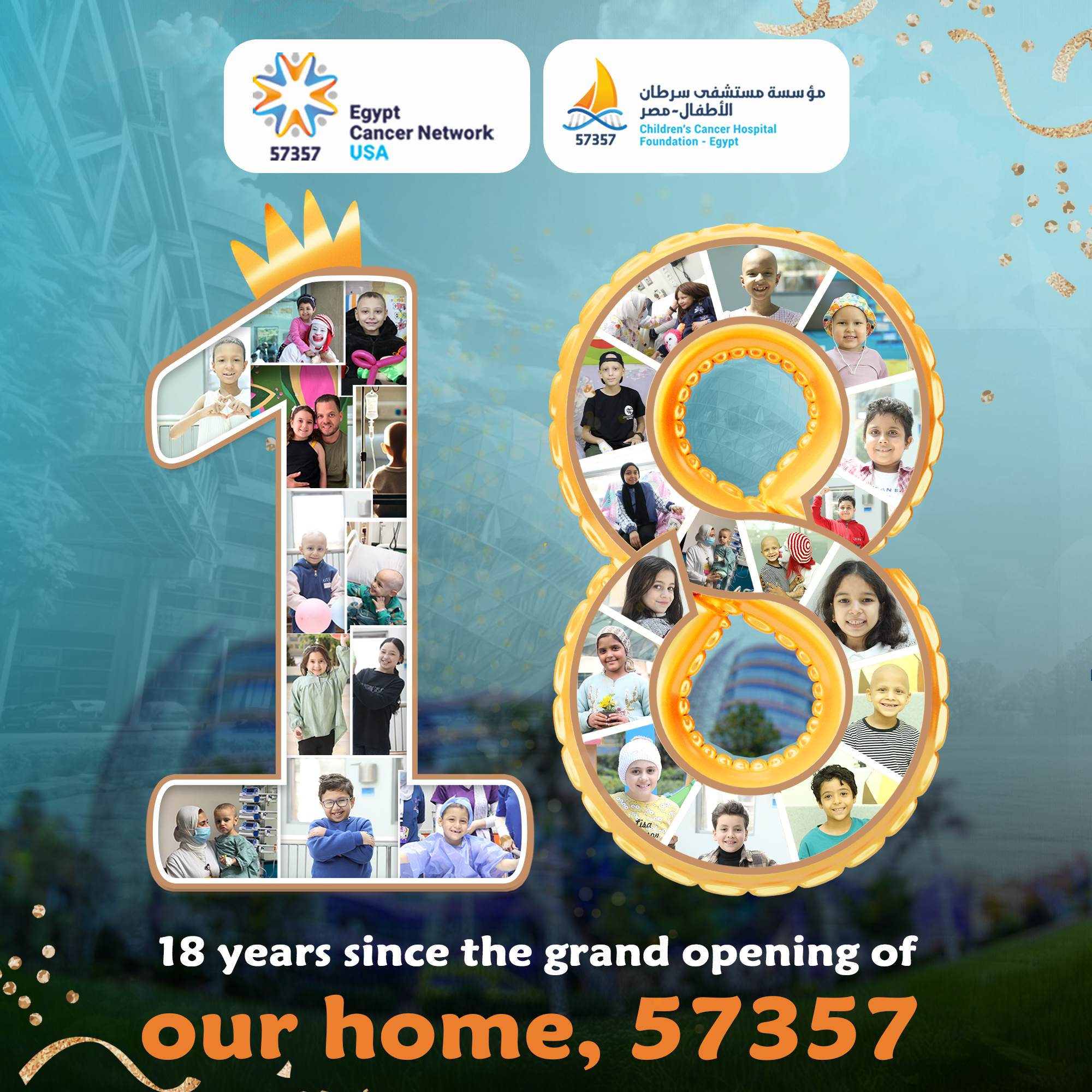
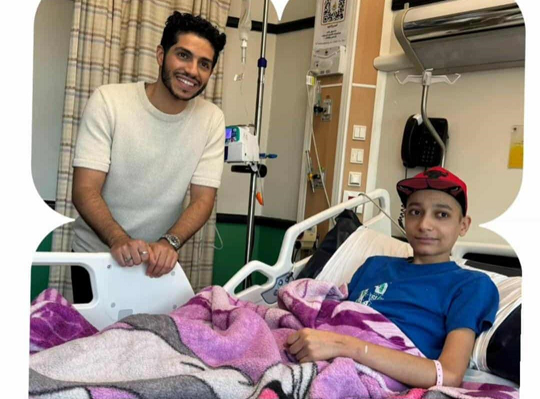
 Donate Now
Donate Now